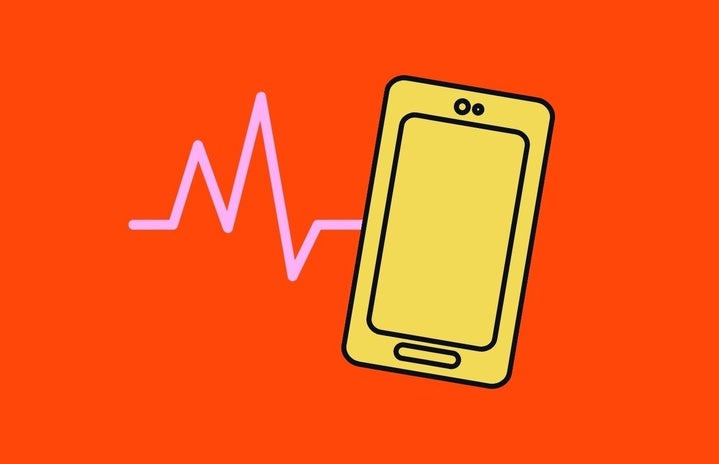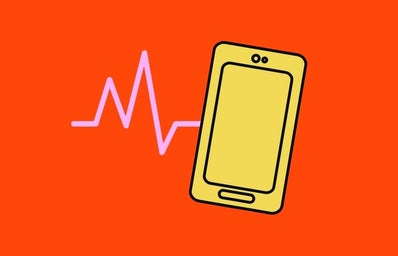It’s quite hard to believe that I’ve been a crisis counselor with Crisis Text Line for almost a year. This time last year, I was struggling to find volunteer opportunities amidst the pandemic, but I was drawn to being a crisis counselor because of the vision of Crisis Text Line: an empathetic world where nobody feels alone. In the past year, I’ve seen firsthand how much of a difference it can make to help someone feel less alone, even if I only know them at the moment as “Anonymous.”
Crisis counseling feels like the perfect fit for me because, through my pre-medical undergraduate experience, I was constantly searching for an opportunity where I felt like I was genuinely making a difference in people’s lives. I started off college as a typical pre-medical student who volunteered at the hospital, restocking medical supplies and escorting patients around the hospital.
Although I enjoyed that experience and the people I worked with, I felt like I wasn’t actively making as much of an impact on people I was interacting with as I wanted. I’ve realized that community service and volunteering should never be standard experiences done to simply check a box. Instead, they should be meaningful experiences that add value to your life, bring you joy and help hone your skills.
Volunteering as a crisis counselor has done all three of those things for me. Every day that I log onto the virtual platform, I look forward to engaging with texters. This has been one of the most rewarding and meaningful experiences of my life, as some people have left me some of the most wholesome messages in their feedback to me.

One of the most heartwarming messages I received was: “My feelings were very serious, and you helped me see real relief. You helped me feel like I wasn’t wrong to have hurt feelings and also that things will get better for me. I really really appreciate you being there for me. PS, I passed the interview and got the job offer!”
I will always remember that conversation, and after that feedback, I felt as though I was truly able to make a difference in texter’s lives. Up until that point, I was still nervous about engaging with texters on the platform. I was fresh out of training and had only had a couple of conversations, during most of which I depended heavily on my supervisors and fellow volunteers for guidance and support. After receiving such overwhelmingly positive feedback, my confidence grew and I felt validated in my potential to help others.
As rewarding as this experience has been, it also comes with quite a bit of emotional baggage. It’s often difficult to see a texter disengage from conversation, share traumatizing and tragic details about their situation or even lash out at me. However, even this part of the work I do has taught me so much about mental health, effective communication and crisis management.
These are skills that are also important when pursuing a career in medicine. Being a physician is emotionally taxing and grueling work. Furthermore, it demands a large emotional bandwidth and a genuine desire to help patients through active listening and empathy. One day, I hope to be able to apply this crisis counseling experience to my career as a physician.



